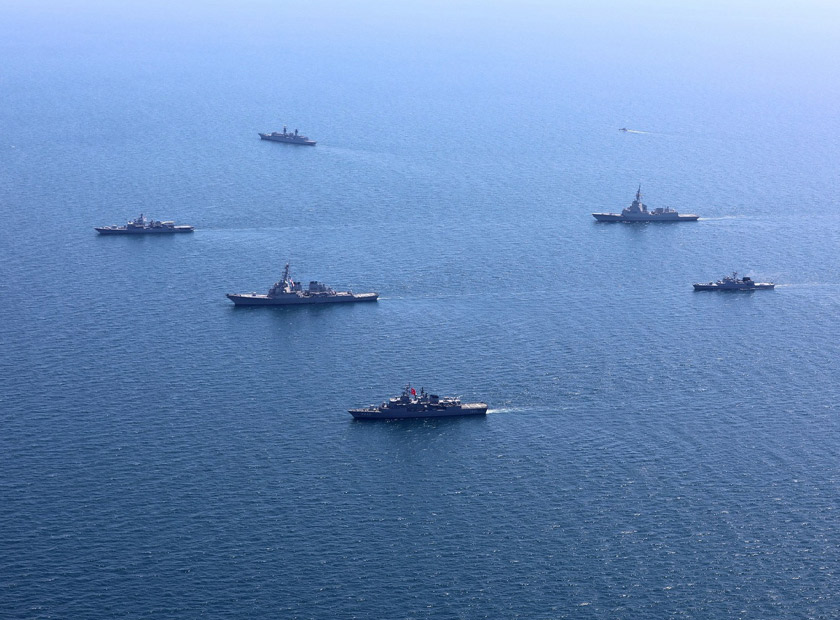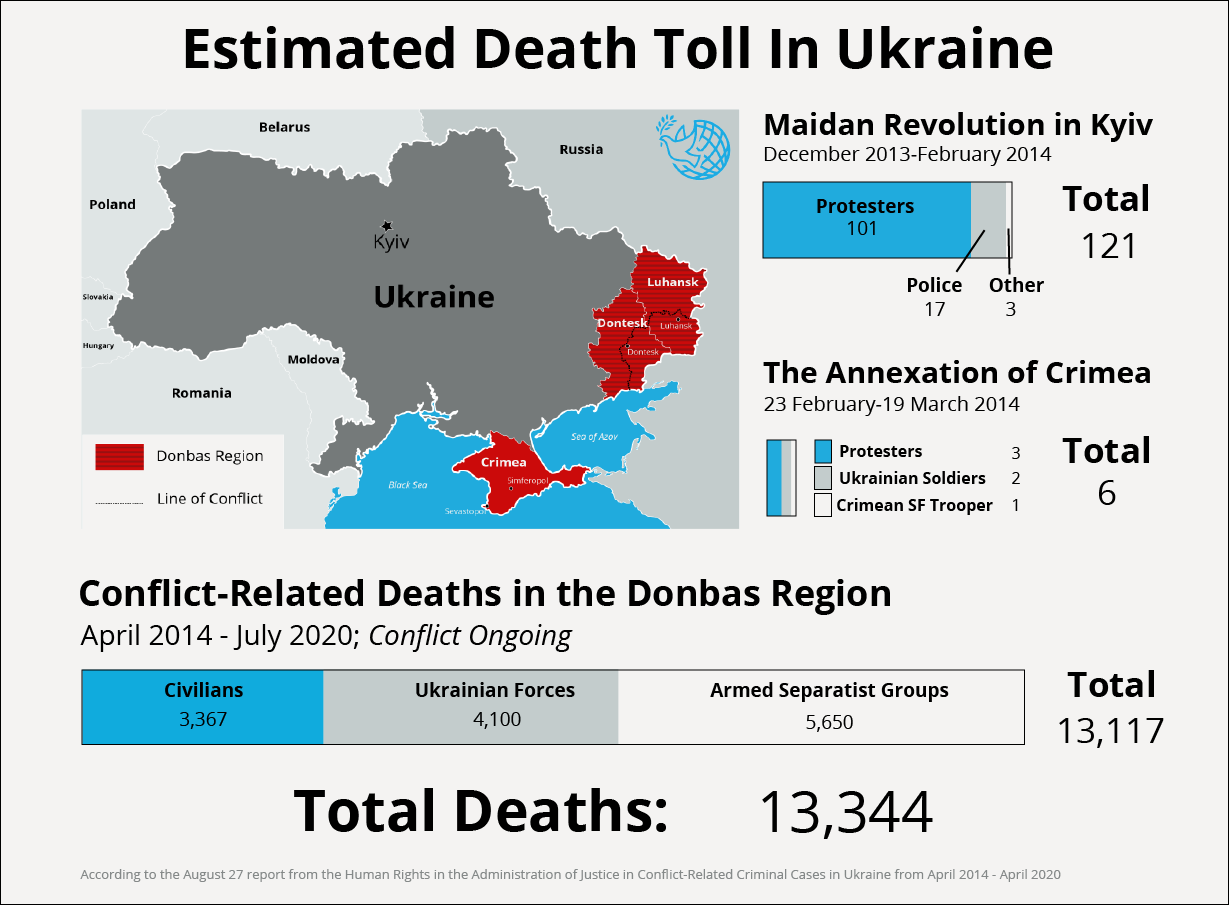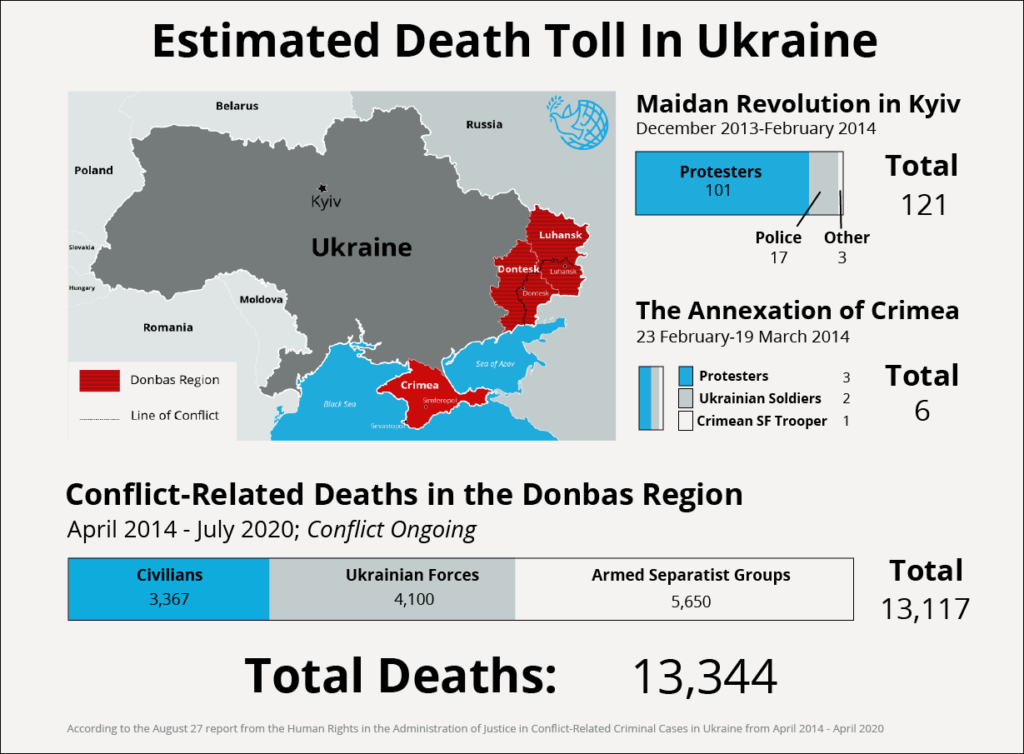Great Power Competition Defines the Ukrainian Question, and Only Great Power Diplomacy can Provide an Answer
Photo by censor.net
Starting on June 28, Ukraine and the United States launched the Sea Breeze 2021 exercise. This annual exercise, which ended on July 10, consists of 32 countries and is the largest Sea Breeze exercise since its start in 1997. Maria Zakharova, the Russian Foreign Ministry spokeswoman, has already described the exercises as a “provocative muscle-flexing game,” with the Kremlin testing advanced air-defense systems (including S-400 and Pantsir surface-to-air missiles) in the occupied Crimean Peninsula while deploying 20 warplanes and helicopters.
Moscow’s protestations against Sea Breeze hotly follows Russian harassment of the British Royal Navy’s destroyer HMS Defender on June 23 and the Dutch guided-missile frigate HNLMS Evertsen on June 24 off the Crimean coast. The HMS Defender deliberately sailed within 12 miles of Crimea’s Cape Fiolent, on its way to the Georgian port of Batumi, supporting the internationally recognized sovereignty of Ukraine over Crimea and its territorial waters. Russia responded by harrying the Defender with coastal ships and dropping bombs in its path, while staging mock aerial attacks against the Evertsen.
This comes amidst a general confrontational period in Western-Russian relations that began with Russia’s illegal annexation of Crimea from Ukraine in 2014, drastically deteriorated following revelations of Russian disinformation campaigns and meddling in the 2016 U.S. presidential election, and came to a head during Moscow’s buildup of 110,000 troops along the Ukrainian border in April 2021. The troop buildup itself represented another step Russia has taken to establish hegemony over the Black Sea. Since Russia’s annexation of Crimea, Moscow has worked to supplement its Black Sea Fleet with coastal defense and area-denial systems stretching from occupied Crimea to Abkhazia, an territory internationally recognized as part of Georgia but operated by government supported by Moscow.
In Crimea, the Kremlin has deployed missile batteries that allow Russia to strike at vessels as far away as the Dardanelles Strait. Although Russian Defense Minister Sergei Shoigu announced that Russia would withdraw the 110,000 troops it deployed in Crimea and along Ukraine’s eastern border by May 1, Moscow has only withdrawn 10,000. The Kremlin has also secured control over the Sea of Azov by building its naval presence and constructing a bridge across the Kerch Strait which separates the Azov and Black Seas. Meanwhile, Russian-led forces in Ukraine’s Donbas break the ceasefire daily in a conflict that has taken over 14,000 Ukrainian lives.
Ukraine’s undeclared war with Russia over the Donbas and Crimea is, unfortunately, tied directly to the geopolitical environment of the Black Sea; the sea itself is a battlefield in a new era of great power competition. It is important to understand this because Russia’s President Vladimir Putin does not have the luxury of deriving legitimacy from the pursuit of Communism like his Soviet predecessors. By stealing Russia’s national wealth for himself and his cronies, he has tied his regime’s legitimacy to Russia’s success in great power competition. Thus, for Putin, regime survival is maintained geopolitical victories such as establishing Russia once more as a Black Sea hegemon, implanting Russia into distant conflicts like Burma, Libya, and Syria, and preserving his authoritarian ally, Belarusian President Alexander Lukashenko.
At the center is Ukraine. Waiting for the implosion of the Putin regime, which is by no means certain, is not a responsible course of action. The best path to recover Ukraine’s territory and preserve its sovereignty is through negotiation, but through strength. A first step to demonstrate the seriousness of the West would be to step up freedom of navigation operations through Ukraine’s Crimean waters and expand them to include voyages into Ukraine’s waters in the Sea of Azov.
Any further negotiations for Ukraine must account for its interests; such requirements at minimum would involve a track dedicated to the restoration of the Crimean Peninsula to Ukraine. The ineffective Normandy Format dedicated to a negotiated resolution to the Donbas conflict, and is chaired by Berlin, Kyiv, Moscow, and Paris must be dissolved and remade to include Ankara, London, and Washington, with Bucharest, Tbilisi, and Warsaw as observers. Further, Moscow will need to officially recognize Kyiv’s legitimacy in the occupied Donbas territories. Russia will also need to rein in the domestic hacker groups that have targeted Western infrastructure, such as the Colonial Pipeline ransomware hack.
Until such a diplomatic restructuring occurs, the West must continue to help Ukraine develop resilience against incremental Russian interference with Ukrainian sovereignty and territorial integrity, even if this help is likewise incremental in the defense and economic sectors













